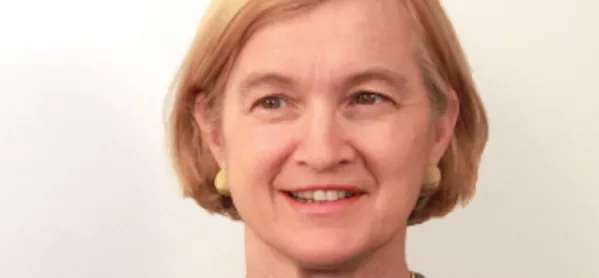Major reforms to GCSE exams risk losing the “real substance of education” as schools take a results-driven approach to teaching, Ofsted’s head has warned.
Chief inspector of schools Amanda Spielman expressed concern that the shake-up of grading, coming into effect next month, could deprive pupils of a broad education.
Traditional A*-G grades have been axed and from this year students will see GCSEs in English and maths graded 9-1 - with 9 the highest result. In the next few years, the changes will be brought in for all subjects.
Supporters have argued the move is necessary to allow more differentiation between students.
Extending the grading system is expected to make it tougher for pupils to crack into the highest bands.
Ms Spielman told The Sunday Times pressure to succeed under the new regime meant schools were finding it “hard to make sure they put children’s interests first and think children, children, children”.
“The real substance of education is getting lost in our schools,” she added.
An inclination to drill students for exam success could follow, she told the paper, compromising their chance of getting a “broad and balanced education”.
She claimed to have seen a class of 11-year-olds being led through the GCSE mark schemes in place of their normal lesson at one school.
Schools were also said to be broadening some courses from two to three years so pupils could be adequately prepared.
This method might ensure they get “cracking grades”, she said, but it could leave them short of the skills required to thrive in later life. “That is not something any of us should be happy with,” she added.
Ms Spielman said subjects such as art, music, sport, humanities and drama were being squeezed as children were forced to decide which subjects to study or drop aged just 13.
The “teaching to the test” mentality had spread even to primary schools, she added, where eight and nine-year-olds face two or three years of mock papers to prepare them for national tests they would not take until the age of 11.




